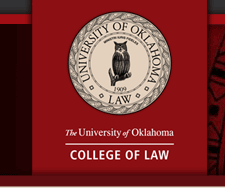Abstract
Courts and scholars have devoted considerable attention to the definition of probable cause and reasonable suspicion. Since the demise of the “mere evidence rule” in the 1960s, however, they have rarely examined how these central Fourth Amendment concepts interact with the “object” of the search. That is unfortunate, because this interaction can have significant consequences. For instance, probable cause to believe that a search “might lead to evidence of wrongdoing” triggers a very different inquiry than probable cause to believe that a search “will produce evidence of criminal activity.” The failure to address the constraints that should be imposed on the object of a search has particularly acute implications in the context of records searches. This article explores the ramifications of this gap in Fourth Amendment jurisprudence both generally and in connection with the NSA’s metadata program, with particular attention to how the American Bar Association’s Standards on Law Enforcement Access to Third Party Records, the topic of this symposium, resolve the relevant issues.
Recommended Citation
Christopher Slobogin, Cause to Believe What? The Importance of Defining a Search's Object—Or, How the ABA Would Analyze the NSA Metadata Surveillance Program, 66 Oᴋʟᴀ. L. Rᴇᴠ. 725 (2014).
Included in
Computer Law Commons, Fourth Amendment Commons, Internet Law Commons, Law Enforcement and Corrections Commons
